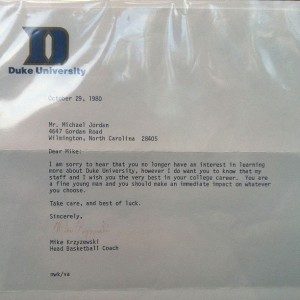Girls and guys both do this at the bar. Want to look prettier? Hang out with your ugly friends! Believe me, being a 5’7″ ginger, I’ve had my share of invitation from my better looking friends to hang out, knowing I was just a prop in their little scheme to look great. Don’t feel bad for me, gingers are resilient, being the ugly prop has a ton of advantages – you can negotiate free drinks with your good looking friend, maybe even free dinner. This is why I was so excited this week when Science finally validated what I’ve always known – The better looking you are, the better performance people will perceive you to have!
Check this out from the Time article, Guppies Use Ugly Friends to Seem More Attractive:
“An article published Wednesday by Britain’s Royal Society says that male guppies prefer to associate with their drab-colored counterparts when females are around. Males actively choose the social context that maximizes their relative attractiveness,” the article said. Or, as lead author Clelia Gasparini put it, “If you are surrounded by ugly friends, you look better.”
Gasparini and her colleagues at Italy’s University of Padua built their theory on a kind of guppy dating game. An aquarium was set up with one female in partition on either end. Guppy bachelorette No. 1 had two attractive, brightly-colored males placed on either side of her. Guppy bachelorette No. 2 was stuck with uglier, drab-colored fish.
When a male guppy was put in the middle of the tank, and given the choice of which female to sidle up to, Bachelorette No. 2 was the more popular pick, with male guppies spending about 62 percent of their time hanging around her side of the aquarium.”

